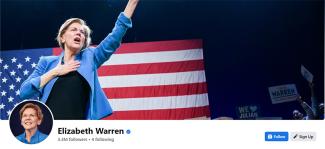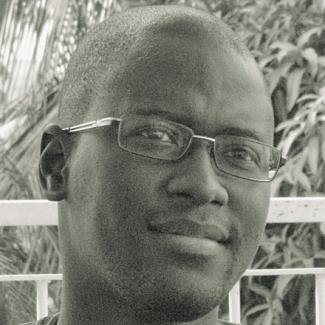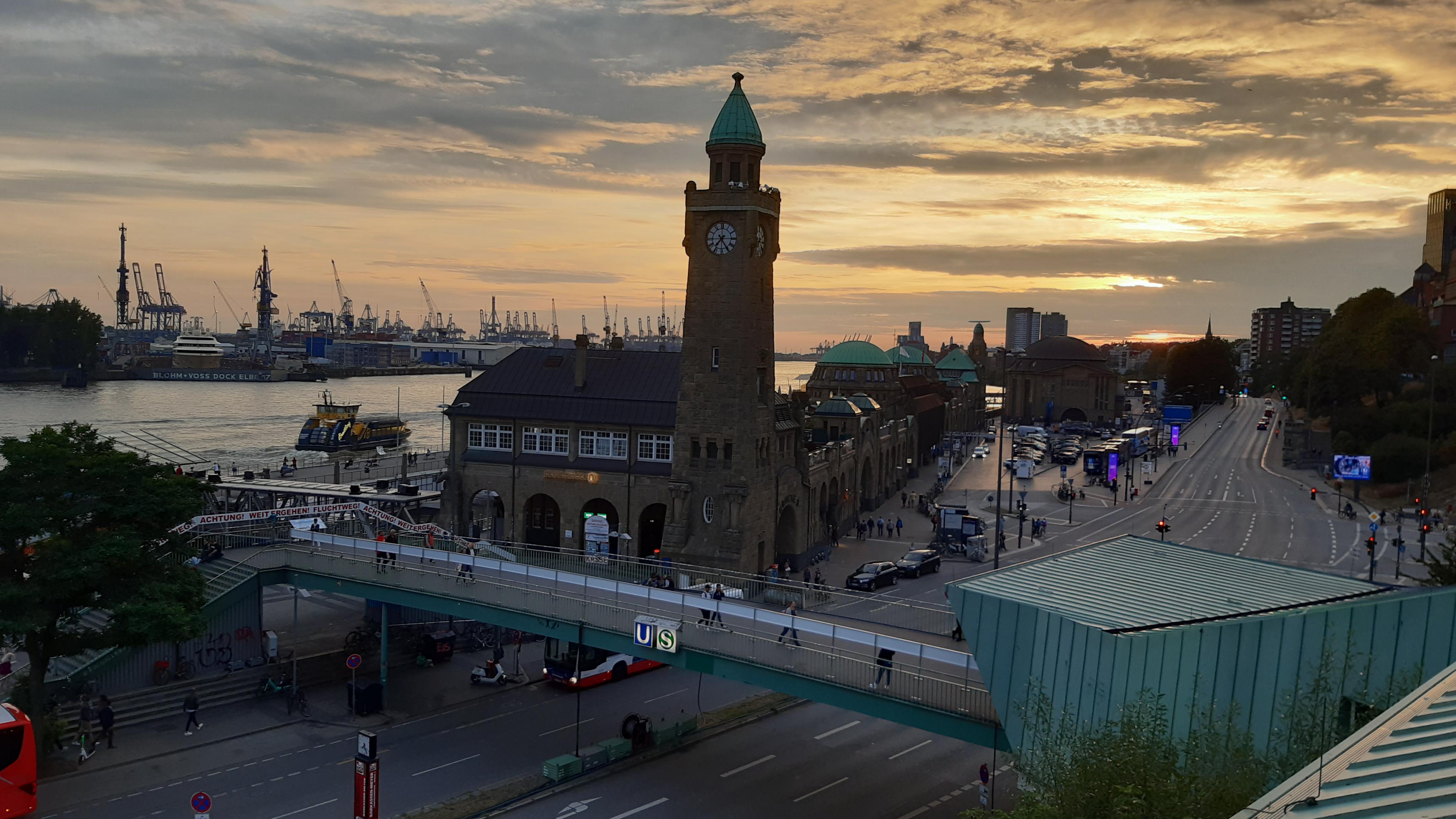Public discourse
Giving voice to the voiceless

Freedom of speech is a fundamental pillar of any decent social order. To deprive human beings of expressing themselves freely, is to keep them in an animal condition. They are deprived of the communication they need to take their fates into their hands, whether individually or collectively.
Throughout history, oppressed social groups were neither allowed to speak their minds nor given the education that would have empowered them to do so forcefully. The prison of silence was not eternal, of course. Slaves, plebeians, serfs, members of lower castes, proletarians, colonial subjects: Again and again, the oppressed rose up to claim their rights. No oppressive order lasts forever; revolutions happen.
Freedom of speech ultimately depends on all members of society fully recognising one another’s equality. Accordingly, the grass-roots reality often diverges considerable from well-phrased constitutional principles. Let us not forget that the USA was called a “republic”, not a democracy in the 19th century, while the British empire was run by an “elective aristocracy”. Both officially proclaimed the freedom of speech, but slavery was only abolished in the USA in 1865, while Britain colonised territories around the world and disenfranchised the working class at home.
“Freedom is always the freedom of the dissenter,” the German revolutionary Rosa Luxemburg (1871 – 1919) famously stated. She was not endorsing hatemongers and manipulators, but thinking of those who dare to speak truth to power, expressing the needs of the disposed. Her point was that freedom of speech must serve the weakest. Aimé Césaire, the poet from Martinique, put it this way: “My mouth will be the mouth of the unfortunate who have no mouth.”
Crowded out dissenters
Quite obviously, freedom of speech is better protected in democratic systems than in authoritarian ones. Despotic leaders are prone to harassing, prosecuting and even killing journalists and other persons who dare to criticise them. However, there are serious problems in liberal democracies too. Rather than silencing dissenters, they have a pattern of crowding them out. It bares repetition that what is now called “public relations” or “PR” for short, used to be called “propaganda”.
Indeed, Edwards Bernays, the father of the PR industry, published a book with the title “Propaganda” in 1928. In it, he stated that “the conscious and intelligent manipulation of the organised habits and opinions of the masses is an important element in democratic society.” According to the book, “we are governed, our minds are moulded, our tastes formed, our ideas suggested, largely by men we have never heard of.”
In other words, the consent of the people is actively engineered by those who hold power, notably through the media system. Government agencies are involved, but so are the PR departments of private-sector companies and organised interest groups.
It matters, moreover, that market dynamics emphasise the views of influential elites. Major corporations own TV stations, radio stations and newspapers. Dependence on advertising also shapes media houses’ editorial policies. Increasingly, public broadcasters depend on advertising too, but conservative forces are casting doubt on their credibility in many countries. The most striking current example, of course, is the BBC.
All summed up, the space for free speech has always been small. It is now shrinking, and content is being impoverished.
Dead end: social media
For some time it seemed that the rapid development of social-media networks had opened up a more democratic public space. Today, nobody speaks of so-called “Facebook revolutions” anymore, as was common during the Arab Spring in 2011. The background is that the most important social-media platforms are owned by multinational corporations which prioritise profits over public discourse. They claim to only give people what they want, but inscrutable algorithms ensure that not all voices are equal. Information that might hurt Facebook, for example, will probably not spread widely on Facebook. Moreover, managers shy away from political controversies, but want to be appreciated by those who can pay most for advertising. That includes governments and big corporations.
It is just as worrisome, of course, that social-media platforms are being used to spread lies. Conspiracy theories that serve right-wing demagogues figure prominently. Not by coincidence, they often discredit state action. “Freedom” is declared to be the opposite of elected governments’ decision-making, for instance in regard to climate mitigation, the public response to Covid-19 or publicly funded social protection systems. That narrative suits super-rich elites who do not depend on public services, but hurts masses of people who need them. It undermines constitutional democracy, but reinforces existing social hierarchies.
So far, platforms such as Facebook or Twitter stay non-transparent about what exactly they do to police opinions. It made headlines when they banned former US President Donald Trump in early 2021 after the insurrection in the US Capitol. The big question was whether this amounted to censorship. The legal answer is no, because censorship means that a government institution decides that someone may not speak. In this sense, private-sector corporations cannot exercise censorship.
Important questions
Other questions got less attention:
- Should social-media platforms with an almost monopolistic reach be allowed to simply maximise profits or must they be regulated in ways that serve the public interest?
- Must social-media platforms not be held accountable for content the way that publishers are? After all, their algorithms determine what people see on their screens.
- To what degree do tech giants’ algorithms amplify views they like and mute those they dislike?
Elizabeth Warren, the left-leaning US senator, is not denied her presence on social media, but corporate algorithms certainly do not boost her demands to break up or at least stringently regulate internet giants. Would Warren have more than 3.3 million followers on Facebook if she promoted tech-giants’ interest? We do not know; the algorithm is secret.
We do know, however, that conventional media houses typically side with investor interests. Top managers generally get more favourable coverage than trade-union leaders. News about right-wing extremists in the security forces rarely makes the front page, while even non-violent leftists are cast as dangerous. However, media laws normally prevent newspapers and broadcasters from spreading outright lies. Public discourse would benefit from social-media platforms being made liable in similar ways (see Emmalyn Liwag Kotte on www.dandc.eu).
The “fact-checking” industry that has emerged cannot solve the fundamental problems. Typically, the fact-checkers are employed by major media houses and serve their needs. Not all relevant topics are fact checked. Issues that primarily concern developing countries do not get equal attention. Social-media giants, moreover, are not known to scrutinise content in other languages than English. Many issues are too complex for binary “true” or “false” questioning, moreover. Finally, fact-checkers sometimes face conflicts of interest, especially when their paymasters’ business models are at stake.
Whistleblowers’ plight
Liberal democracies typically do not suppress dissent the way authoritarian regimes do, but whistleblowers may face hardship. An example is how the USA is treating Edward Snowden who revealed information on intelligence services’ secret practices. That was of great public interest, but he must now live in exile in Russia. In many places, moreover, the law only insufficiently protects whistleblowers who reveal business malpractice. The main way that dissent is kept at bay, however, is that mainstream media drowns it in a flood of other stories.
Things are particularly frustrating in least-developed countries. In West Africa, for example, elite discourse relies on English and French, though masses of people only speak African languages. Compounding problems, not all African journalists are professionally trained. Private media companies generally depend on government advertising – and the same governments run the public broadcasting institutions. To some extent, people read the websites of the major outlets from their former colonial power.
While those outlets cover African affairs to some extent, they do not deal with national politics in depth and mostly fail to look beyond the capital city. Worryingly, they hardly pay attention to the harm that western governments, corporations and soldiers do in Africa. French media, for example, tend not to mention – or even put into question – the lasting support successive French governments gave to some of the most odious African regimes. Examples include Chad under Idriss Déby or Burkina Faso under Blaise Compaoré.
Ndongo Samba Sylla is a research and programme manager for the Rosa Luxemburg Foundation. He is based in Dakar.
ndongo.sylla@rosalux.org
Hans Dembowski is editor-in-chief of D+C/E+Z.
euz.editor@dandc.eu










